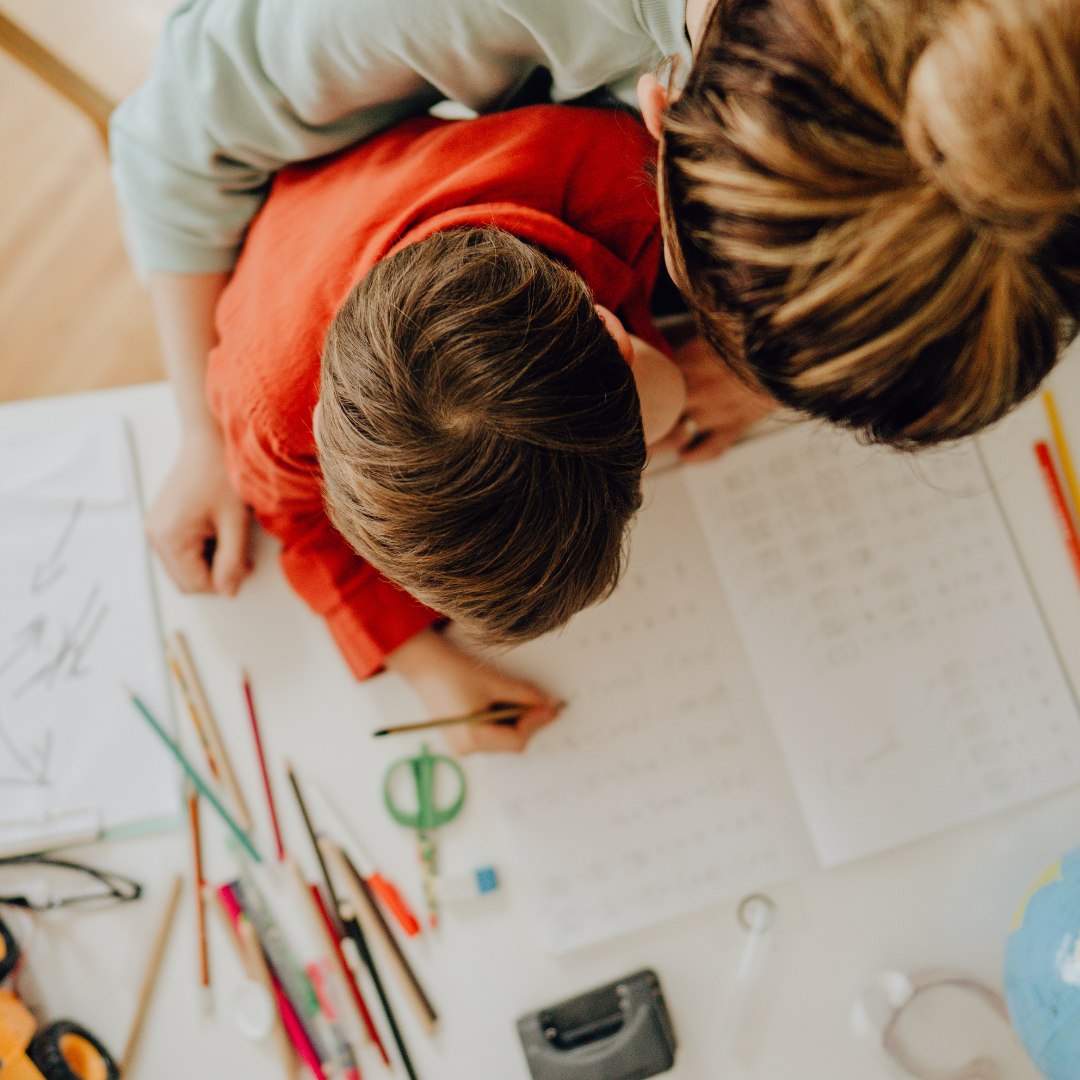Summer Learning Loss
In a study of 18 million first to sixth-graders, researchers looked at test scores over the course of five summers. The study, published in the American Educational Research Journal, showed that kids can lose up to 40% of a school year’s learning over summer break–and the effect was cumulative if they continued to have learning loss in consecutive summers. Summer learning loss refers to the regression of academic skills and knowledge during the summer break. This loss can have a significant negative impact on students’ overall academic progress, leading to difficulties as they enter the new school year.
Summer programs have the potential to address these achievement gaps. Well-designed and effective summer programs can counteract the negative effects of summer learning loss and even lead to academic gains. These programs provide access to educational resources, engaging activities, and targeted interventions that help students maintain and build upon the knowledge and skills they acquired during the school year.

To ensure effective summer learning programs, various components must be in place. These include rigorous academic instruction aligned with students’ needs, opportunities for enrichment, and skill-building activities. Moreover, ongoing evaluation and data analysis are crucial for assessing program effectiveness and making adjustments as needed. Using diagnostic reading and math assessments at the start of summer creates a baseline for future progress monitoring.
Summer learning loss can have a detrimental impact on students. However, effective summer programs have the ability to address achievement gaps and mitigate learning loss. By implementing evidence-based strategies and establishing strong partnerships, educators and communities can provide students with meaningful learning experiences during the summer break.
Definition Of Summer Slide
The summer slide refers to the degeneration of academic skills and knowledge during the long summer months. It is most commonly observed in upper elementary school students, typically those in grades three to five.
During the summer, students often have a reduced level of engagement in educational activities, which can lead to a decline in their academic abilities. This decline can be seen in areas such as reading comprehension, math proficiency, and critical thinking. Without regular practice and exposure to academic content, these skills may start to deteriorate.
The impact of the summer slide is significant, as it can create knowledge gaps and hinder a child’s academic progress. When students return to school after the summer break, teachers often need to spend valuable time recapping and reviewing material that was previously taught. This can result in the delay of new lessons, leading to a slower pace of learning for the entire class.

The summer slide can lead to some students falling behind classmates who engaged in educational activities or attended programs over the summer. As academic skills decay over the summer, these students may struggle to catch up and may experience difficulties meeting grade-level expectations.
Benefits Of Summer Learning Programs
Summer learning programs offer a multitude of benefits to students, helping to support their academic growth and prevent learning loss during the long summer break. These programs provide a structured environment that keeps students engaged in learning and helps them retain the knowledge they gained during the school year.
One major advantage of summer learning programs is that they can bridge the gap between one grade level and the next. Research shows that students who do not engage in educational activities during the summer often experience a loss of knowledge and skills, leading to an achievement gap. By participating in a summer learning program, students can reinforce what they have learned during the school year and even get ahead in their studies.
Academic Gains For Students Who Participate In Summer Programs
Participating in summer programs can lead to significant academic gains for students. Summer lite programs, with their blend of fun and educational activities, provide students with an enriching experience that not only prevents summer learning loss but also fosters a love for learning in a relaxed setting.
When students actively engage in academic activities during the summer, they reinforce what they have learned throughout the school year. This reinforcement leads to better retention of information, resulting in higher academic achievement. Students who attend summer programs are more likely to retain knowledge and skills compared to those who do not participate.
These programs support continued growth by keeping students engaged in learning during the summer. By offering a variety of enrichment activities, such as STEM projects, reading challenges, and educational field trips, students are exposed to new knowledge and experiences. This engagement prevents summer learning loss, where students may experience a decline in academic skills over the long summer break.

Targeted Math Skills Practice
Over the summer, children can engage in a variety of activities to practice targeted math skills. One useful option is to incorporate real-world math skills into everyday activities. For instance, children can practice measurement skills while baking or cooking by following recipes and measuring ingredients. They can also enhance their understanding of geometric shapes and spatial reasoning by building structures with blocks or Legos. Another engaging activity involves using math in outdoor games. Children can practice addition and subtraction skills by keeping score during a game of frisbee or soccer.

Additionally, they can improve their understanding of patterns and sequences by participating in hopscotch or creating their own outdoor obstacle course. The relevance of these activities lies in their ability to mitigate summer learning loss in math. Research has shown that students can lose up to two months of math knowledge over the summer, resulting in achievement gaps. By engaging in summer math activities, children can maintain and reinforce their targeted math skills, preventing learning loss and fostering a smoother transition into the upcoming school year.
Students who participate in summer programs experience significant academic gains. These programs not only keep students engaged in learning during the summer but also provide an opportunity to close achievement gaps. By addressing the issue of summer learning loss, these enrichment programs contribute to the overall educational growth and success of students.


Leave A Comment